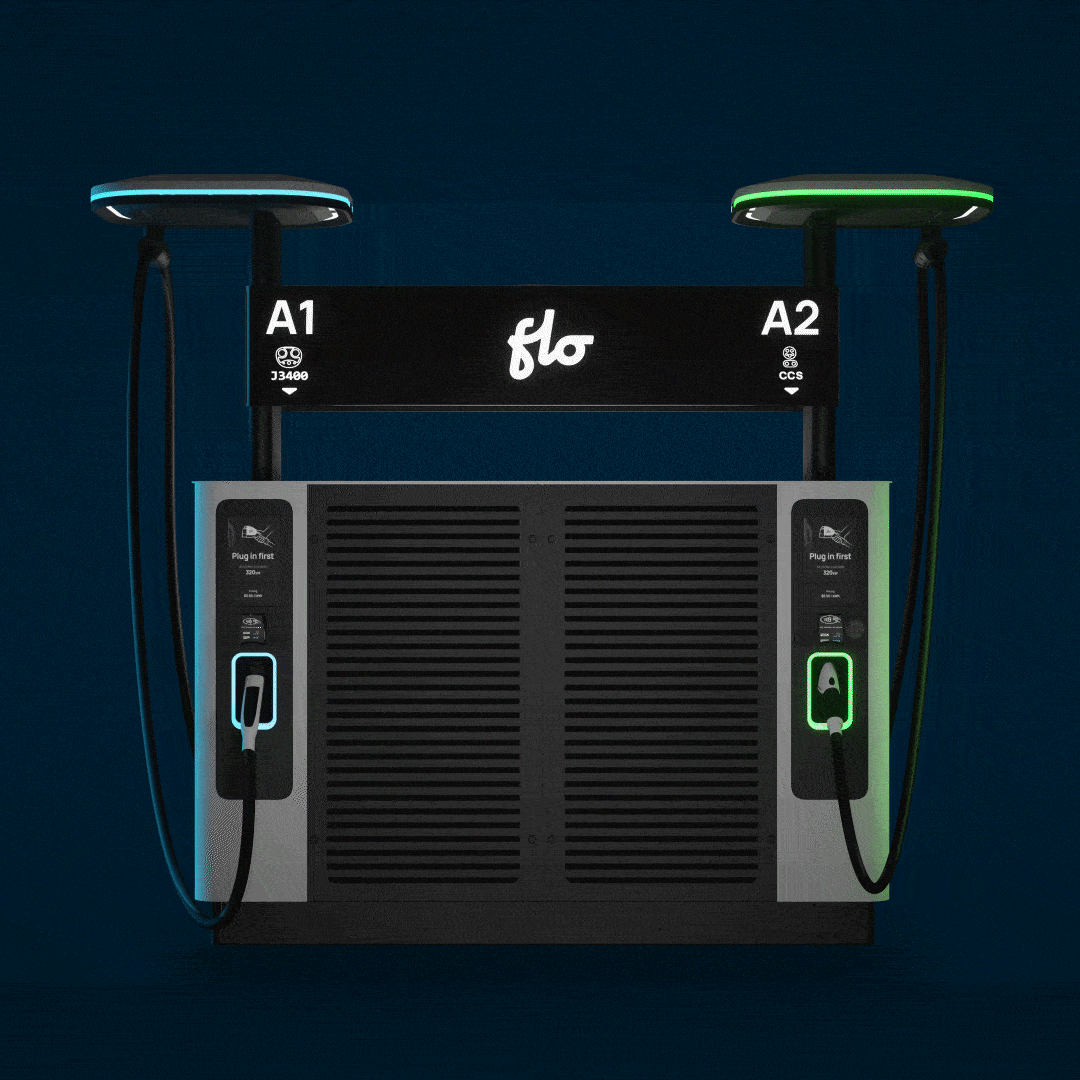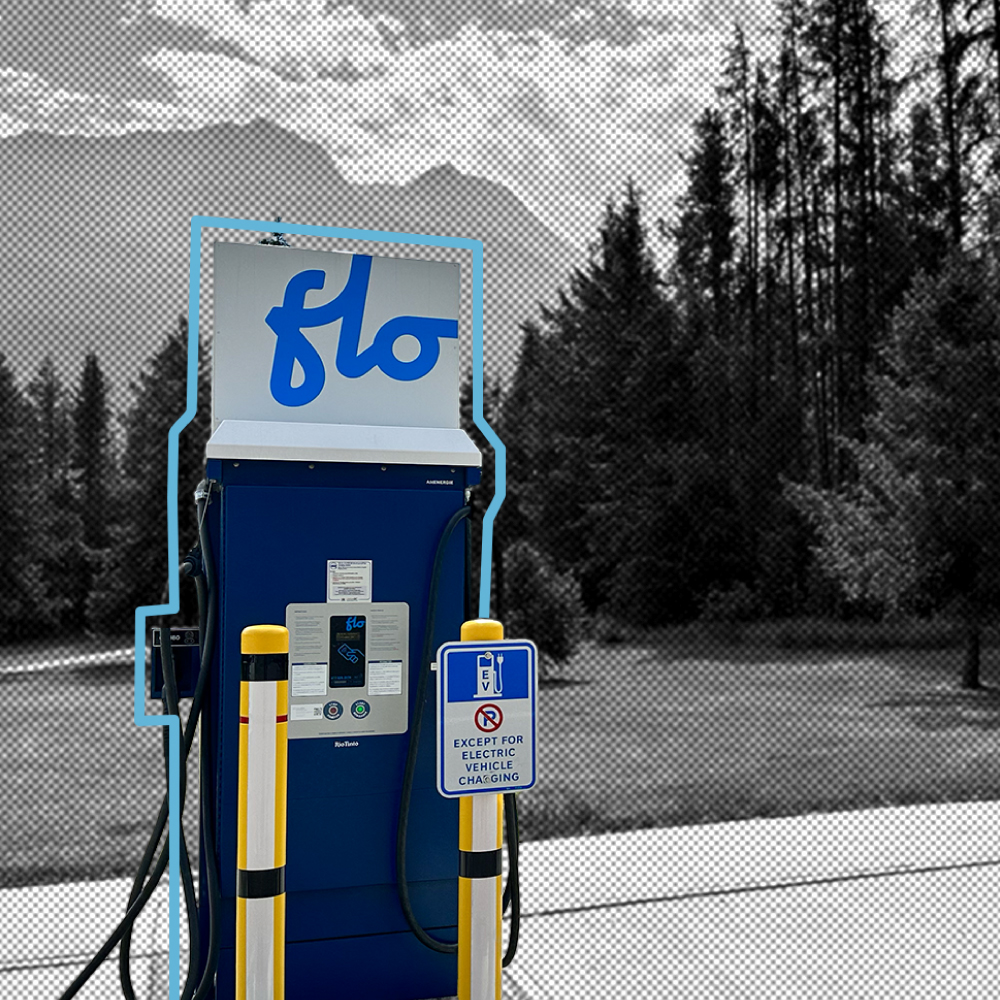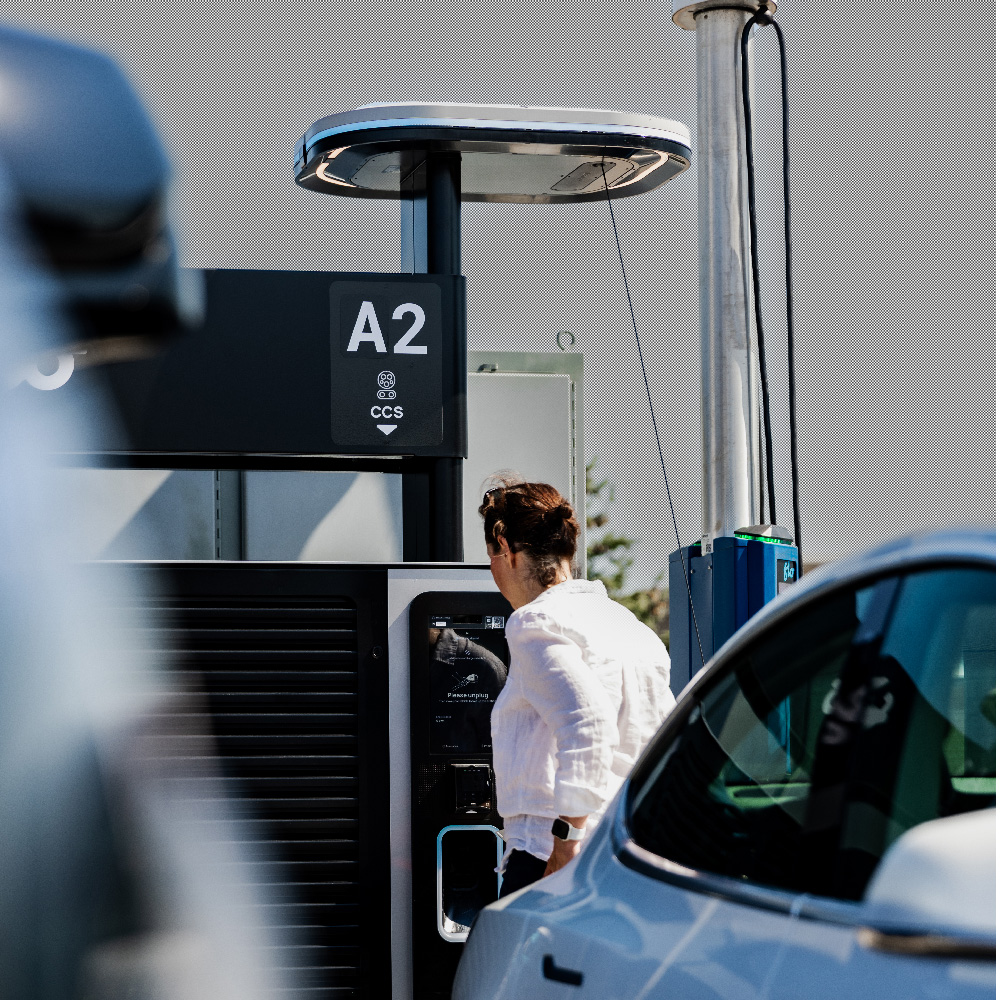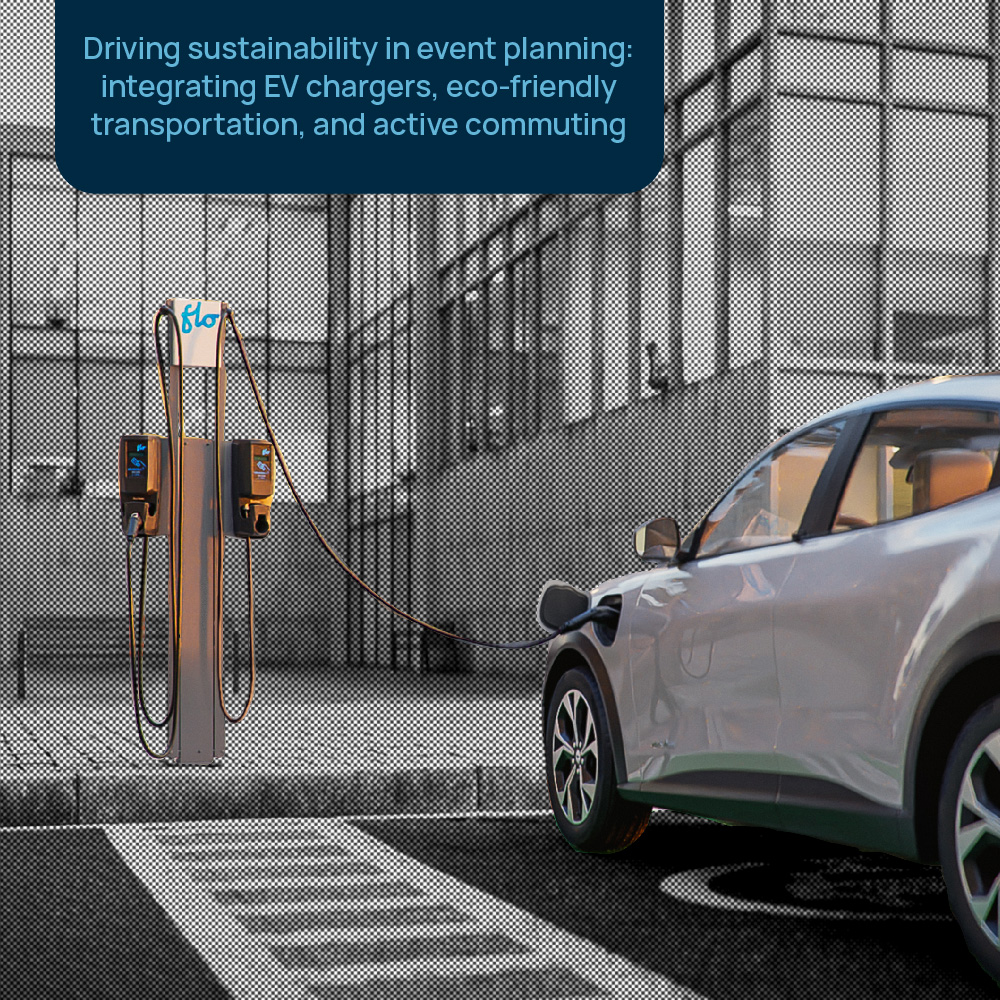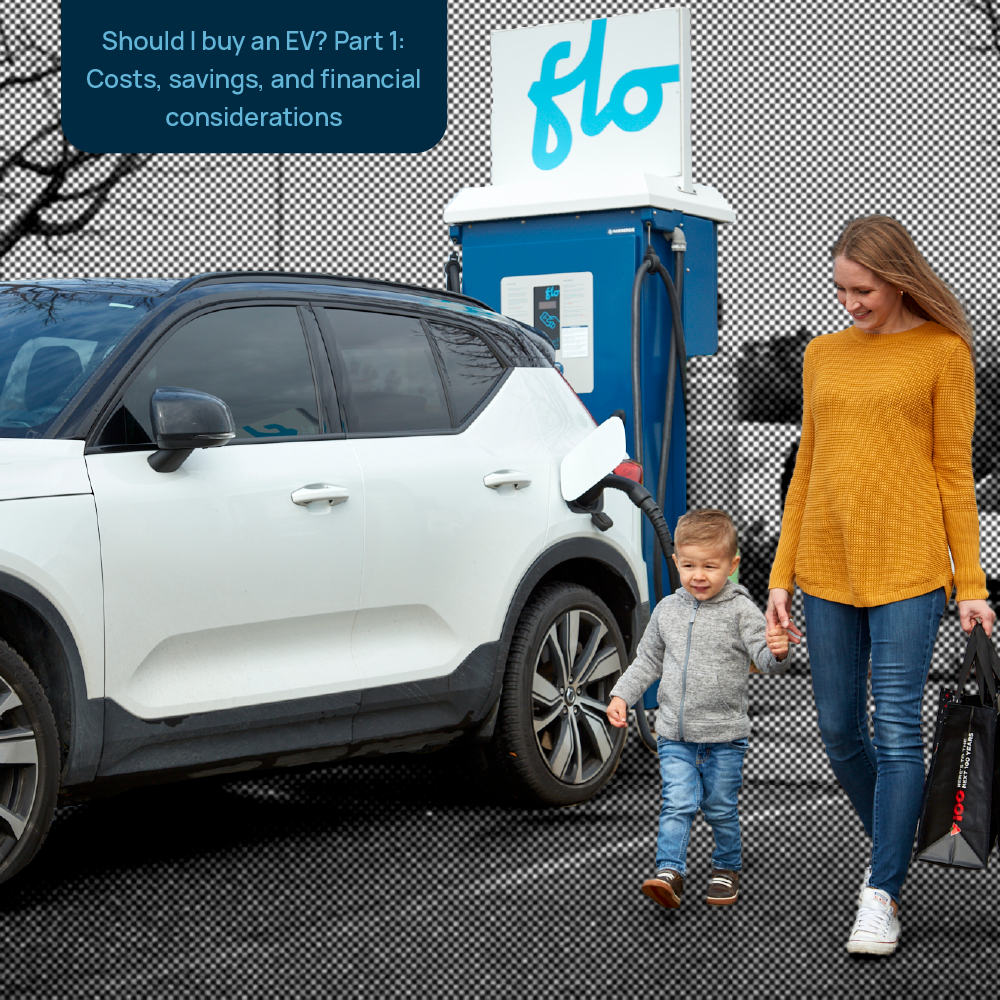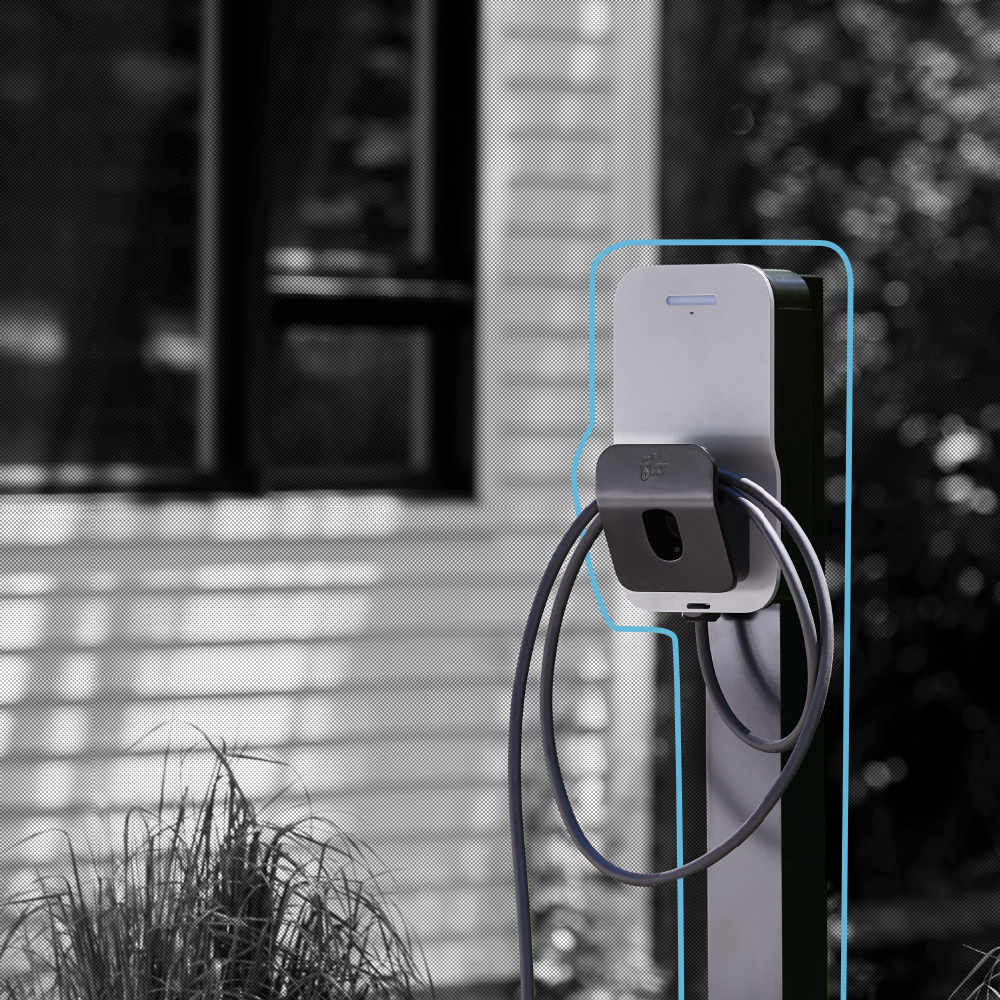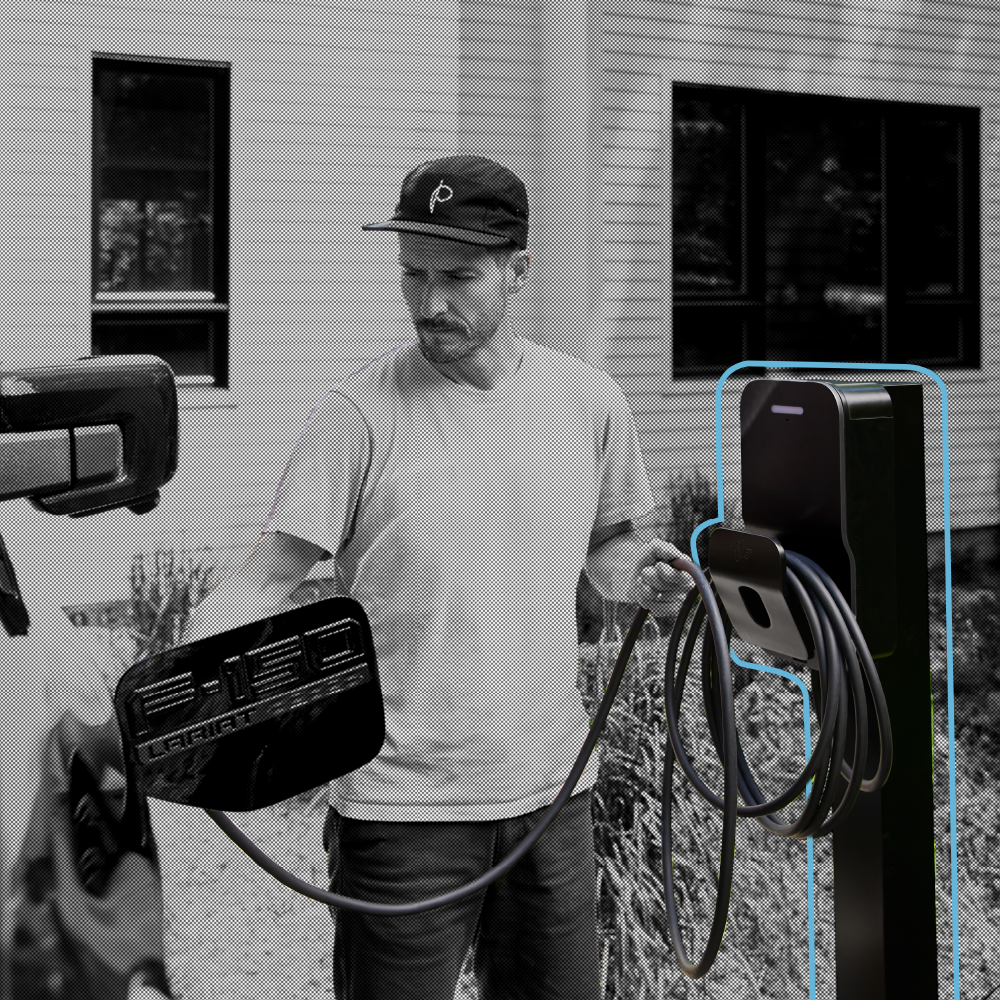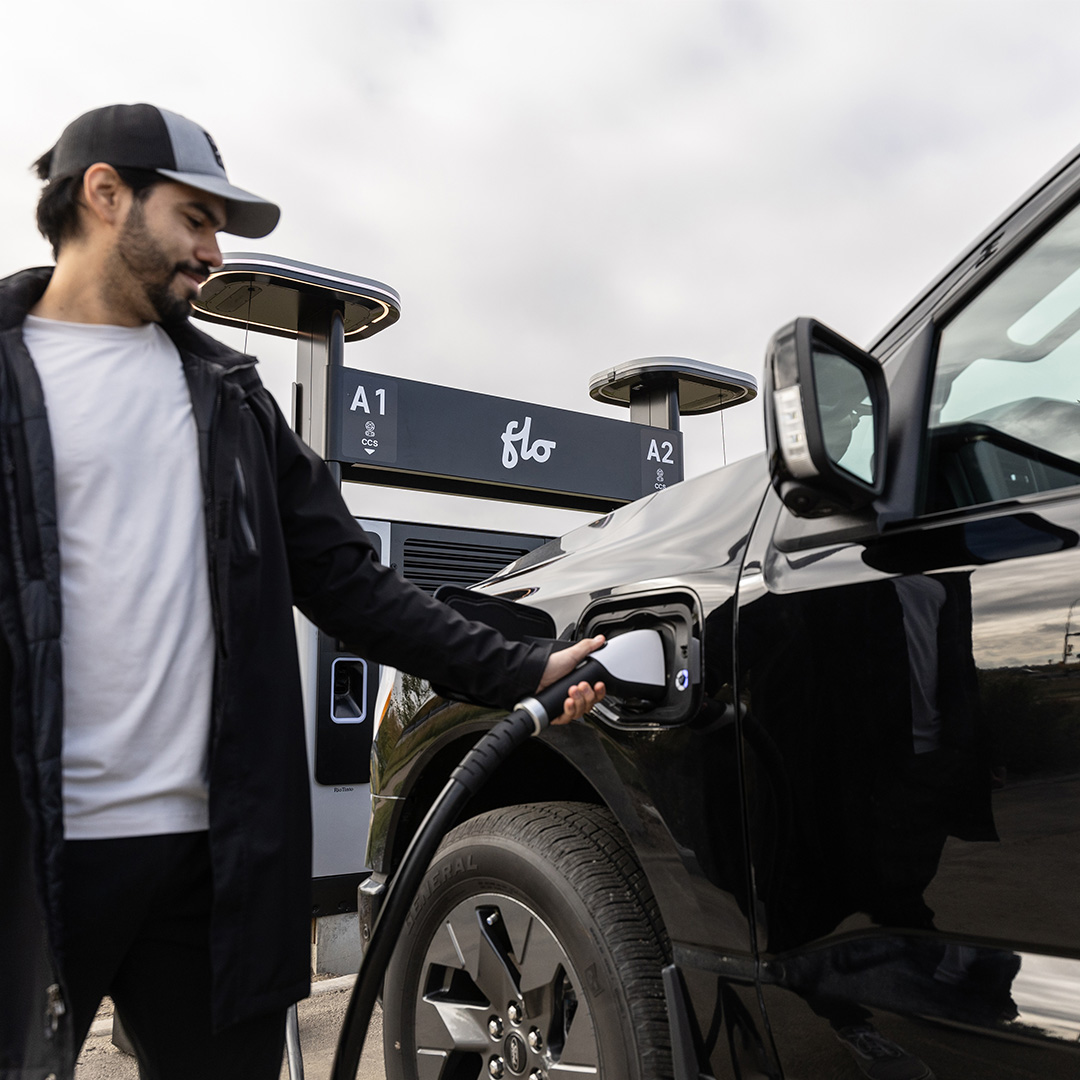Recently, CBC Marketplace, one of Canada’s premier investigative journalism outlets, conducted a surprise reliability test at popular EV charging stations in Ontario, putting their performance under the microscope.
From the Marketplace report:
“The team encountered some sort of challenge at seven of the 12 stations. The seven included one Ivy station, three ChargePoint and three Petro-Canada locations. The challenges included needing multiple attempts in order to start or end a charging session as well as problems completing payment through an app or credit card reader. At two of the locations (ChargePoint and Petro-Canada), the team could not charge at all. No charging hiccups occurred at the FLO locations visited.”
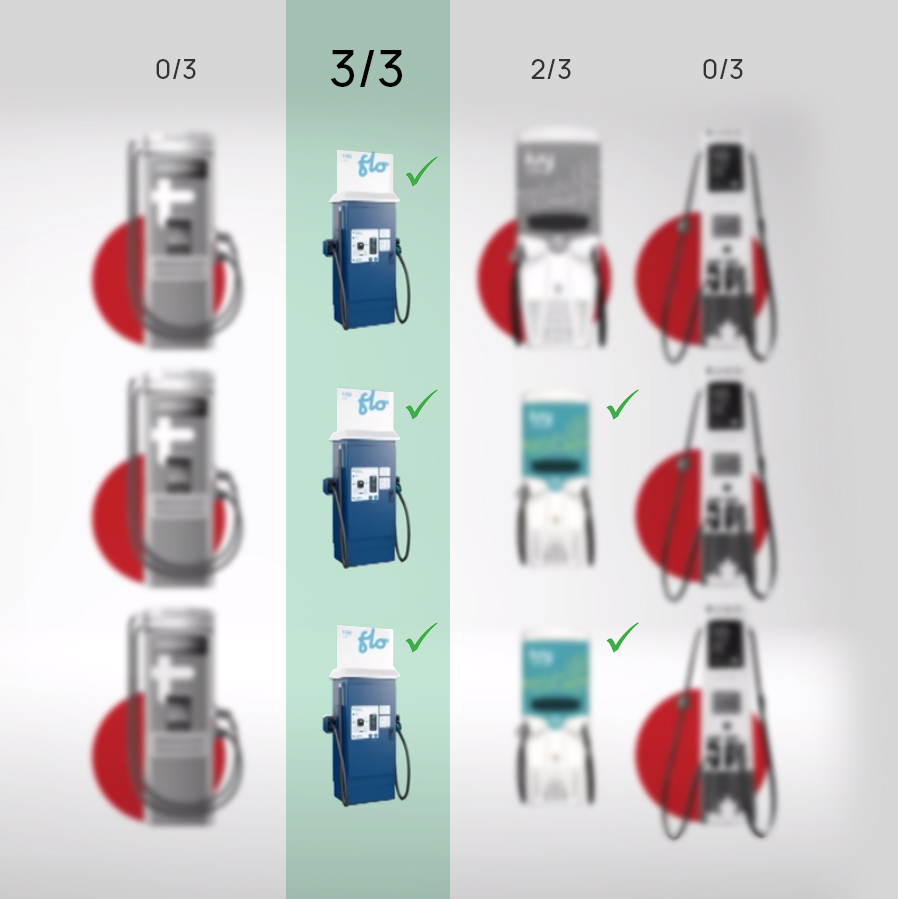
While acknowledging the limited sample size, FLO is proud that its stations came out on top, without a single hiccup. This accomplishment speaks volumes about FLO’s commitment to providing a seamless and reliable charging experience. Let’s dive into why reliability matters and how FLO meets such a high level of reliability.
Why is Reliability so Important?
Reliability in EV charging is crucial for ensuring a seamless and efficient charging experience. When a driver depends on public charging infrastructure for their daily commute or extended trips in their EV, experiencing issues like broken cables or out-of-service chargers can cause anxiety and frustration. Reliable charging infrastructure is also essential for fostering confidence in EV adoption, promoting sustainability, and facilitating the smooth operation of electric vehicles in daily use. It directly impacts user trust, convenience, and the successful integration of electric vehicles into mainstream transportation.
What is Uptime?
Uptime refers to the measure of a charging station’s reliability, indicating the percentage of time during which the station is either actively in use or available for use calculated by this formula. It is expressed as a percentage and is typically calculated as a 12-month rolling average. This fundamental metric serves as a crucial indicator of charging station (and network) performance and a high uptime rate is a good indicator that a charging network is dependable and thus that EV drivers can rely on it when they need to charge.
Outstanding uptime also alleviates “charger and range anxiety” for EV drivers, assuring them that a charging station will work when needed. This is pivotal in fostering greater EV adoption, as it instills confidence that EVs and their charging networks can meet their everyday driving needs.
By contrast, stations that don’t reliably charge can turn drivers off EV driving, or discourage them from adopting EVs, which can cause owners to miss out on the cost and performance benefits of EVs, and everyone to miss out on the environmental improvements from EV adoption.
Achieving high charging uptime is not an accident. At FLO, uptime is an obsession, and we have made major investments in great hardware and ongoing operations and maintenance to lead the industry.
How Does FLO Achieve 98%+ Uptime?
To put things in perspective, alongside the CBC’s examination of 12 stations, a recent survey conducted by Plug In America revealed that over half of respondents faced challenges accessing public charging infrastructure, with broken chargers identified as the most prevalent issue. Furthermore, a study by the University of California, Berkeley, found that only 72.5% of fast chargers in the state’s Bay Area were operational.
Read more: FLO Maintains 99% Uptime at NYC Chargers
At FLO, we set a high bar for ourselves with a charging service uptime target of 98% or better, ensuring a reliable charging experience for EV users. A 98% uptime signifies that our chargers are actively in use or available and ready for use for 358 days a year, translating to less than one day of downtime per month over a 12-month period.
FLO achieves this industry leadership by focusing, and making major investments in four key areas. We’re proud of these investments and focused on improving every driver’s experience, so we’re not shy to share them:
- Design and Engineering: With nearly 15 years at the forefront of charging station operations, FLO has honed its design process, setting new standards for reliability. Born amidst freezing Canadian winters, FLO understands the demands of sub-zero conditions like no other. Our chargers are engineered to handle the heat and weather the cold, operating smoothly in temperatures ranging from -40°F to 122°F (-40°C to 50°C). Our commitment to excellence extends beyond industry norms, showcasing unparalleled resistance and reliability, from our cutting-edge hardware to our robust network operations. And our expertise isn’t just theoretical; it’s a result of hands-on experience and continuous engagement with EV drivers. Regular user surveys and research have become the cornerstone in shaping our products and services, supporting optimal performance and a seamless charging experience that flows effortlessly.
- Vertical Integration: FLO’s vertical integration allows us to oversee the entire lifecycle of charging stations, from manufacturing to network operation. This end-to-end control enables us to refine quality control processes, significantly reducing equipment failure and defects. We’ve fine-tuned our business vertically, ensuring a seamless integration where hardware, software, services, and the network not only complement each other but also continuously learn and evolve together. It also allows us to do proactive problem-solving through data utilization, which is at the core of our network operations, allowing us to address issues before they arise, demonstrating our commitment to anticipating and resolving challenges in real time, and helping to avoid playing the ping-pong game with different suppliers and partners. As an example, our FLO UltraTM charger has over 200 sensing points strategically integrated into the system, empowering us to proactively maintain and swiftly detect any potential issues.
- Proactive Monitoring: At FLO, our commitment to reliability is also underscored by the operation of our Network Operations Centre, a hub where we closely monitor our charging station network. This serves as our initial line of support if there are issues with equipment in the field. Equipped with our cutting-edge software, vast amounts of high-tech charger and network data and a dedicated network operations team, we proactively keep a watchful eye on our chargers, ensuring they perform optimally in all conditions. In the event of an issue, our ability to remotely diagnose and resolve problems allows us to expedite solutions, minimizing charger downtime. Our friendly and bilingual customer experience team is available 24/7, whether by email or phone, providing support to EV drivers whenever they need it.
- Operations: Our operations are fortified by a team of highly skilled FLO technicians and a vast network of strategic partners across North America, ensuring a comprehensive and efficient approach to maintaining and repairing charging stations. Our commitment to excellence extends to the continuous development of our technicians through rigorous training programs, providing them with the latest skills and knowledge. This ensures that repairs are not only executed swiftly but are also done right the first time, minimizing downtime for our charging stations. Lastly, understanding the crucial role of spare parts, FLO carefully oversees its inventory of essential parts, enabling swift next-day delivery and fast implementation of replacements or repairs.
Read more: Can it be too cold to charge an EV?
At FLO, we understand that EV charging reliability goes beyond the conventional metrics. It’s not just about great hardware or simply adding dots on a map. It’s an integral part of our culture, woven into every conversation internally and externally, day in and day out, 24/7. It’s about prioritizing reliability over cost, effort, and time-to-market in every decision we make. As the industry grapples with challenges, embracing transparent discussions without sugar-coating is imperative. Despite the work ahead, we believe in a bright future. The ongoing installation of more chargers daily serves as a testament to our confidence that prioritizing charger reliability is not only crucial but also entirely feasible – we are the living proof!
As we reflect on the essence of reliability, one question resonates: How can our industry collectively elevate its standards to make EV charging a consistently reliable and satisfying experience for all users? Policymakers across North America are recognizing the importance of increasing reliability for public EV charging stations – especially when they are publicly funded, and FLO is committed to continuing its efforts in helping both policymakers and EV drivers understand in a transparent way the performance of EV infrastructure and in advocating for equitable access to reliable charging stations.

